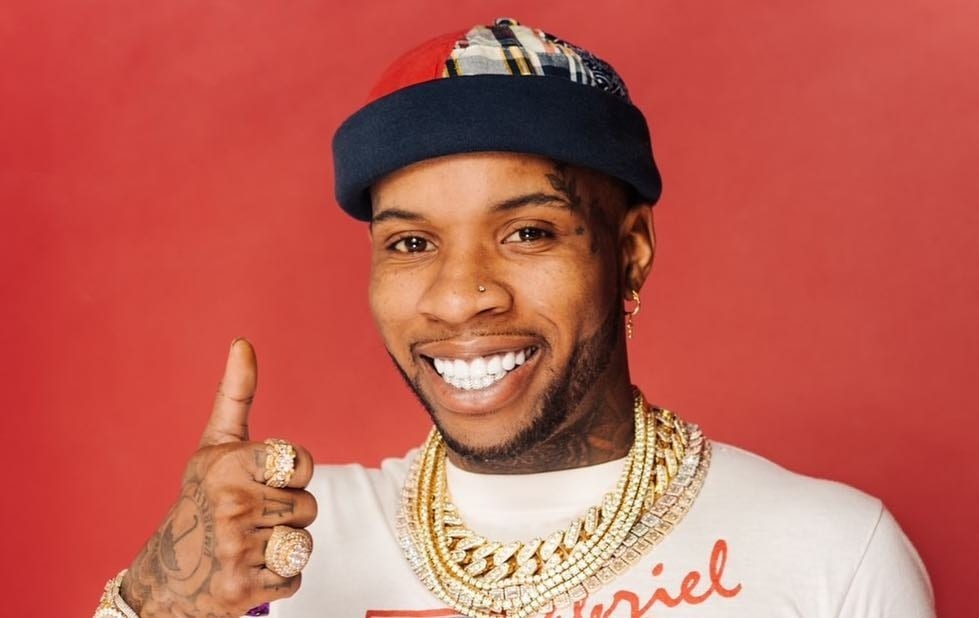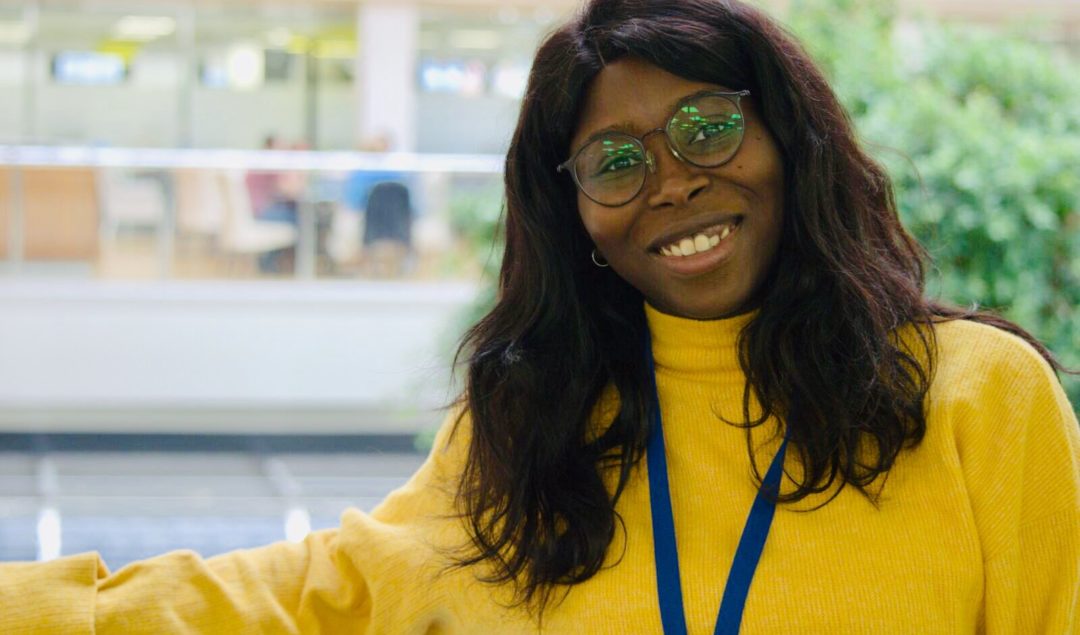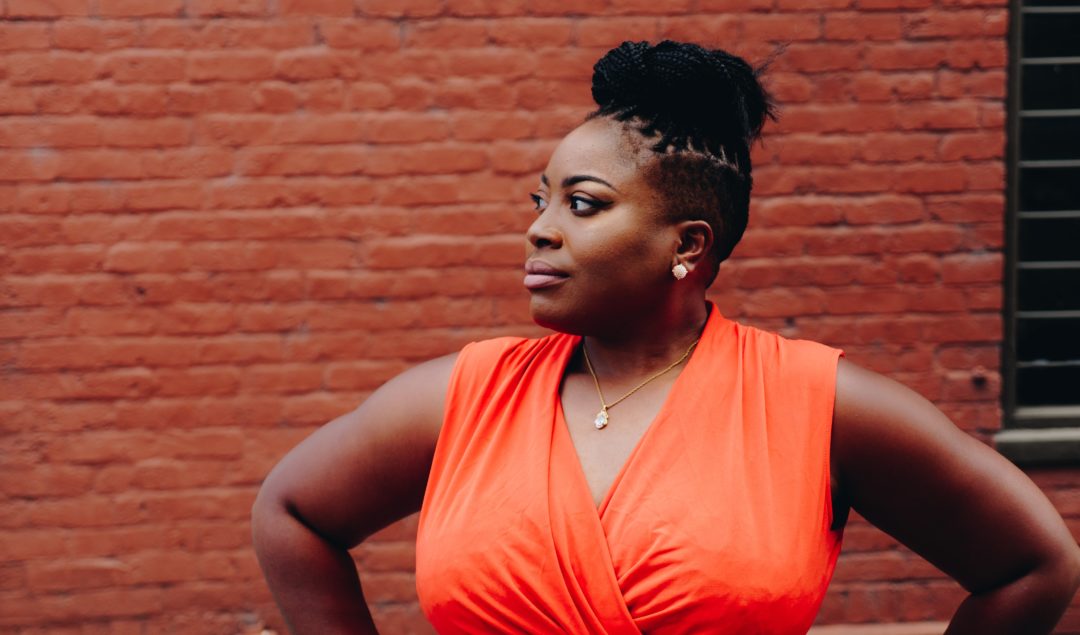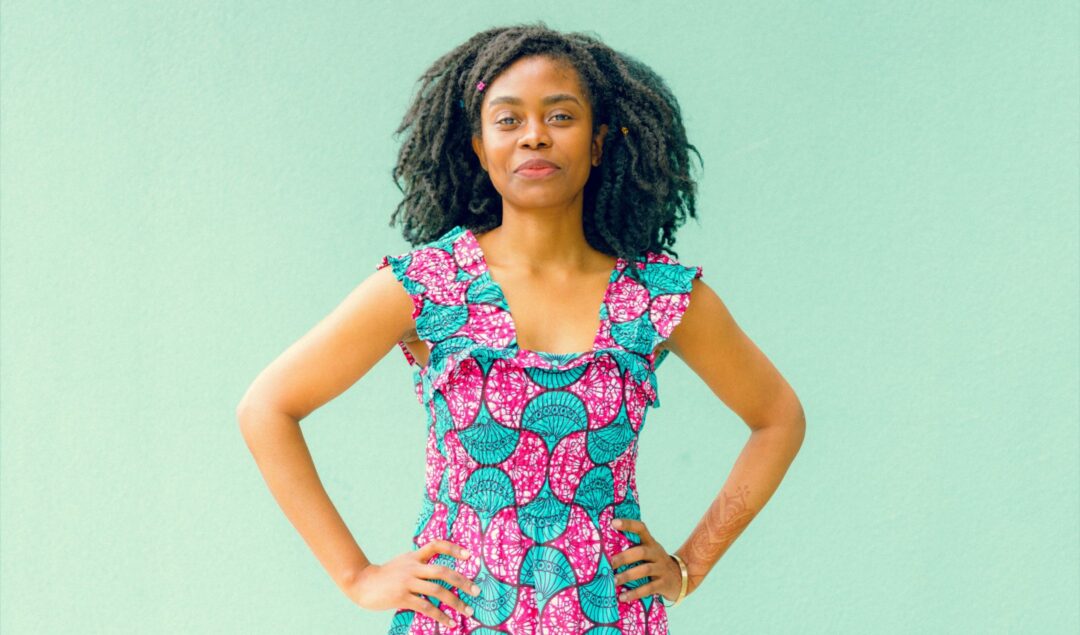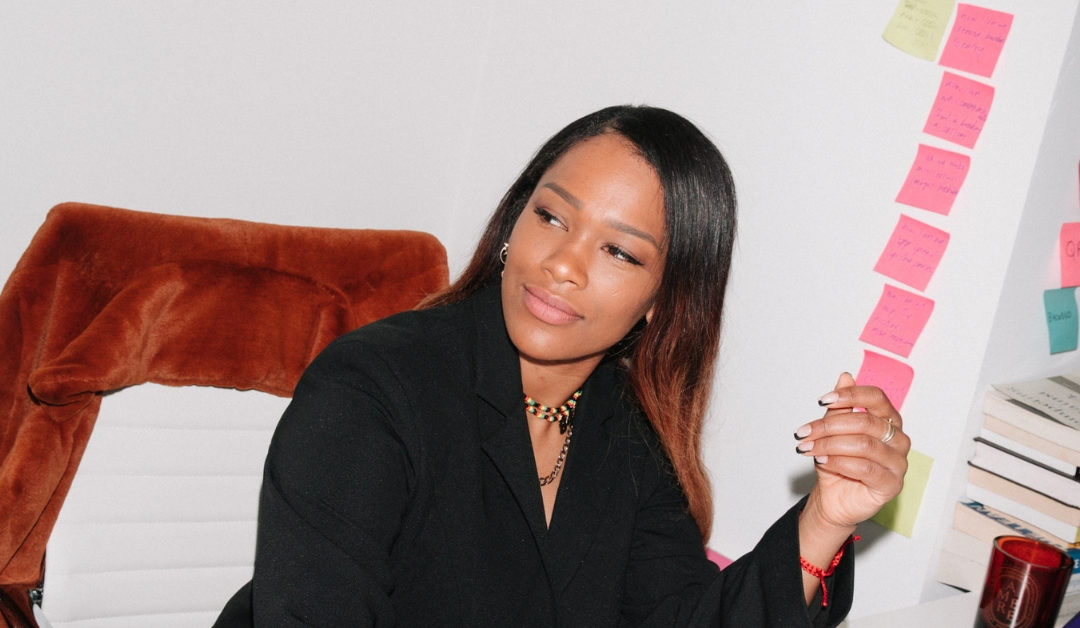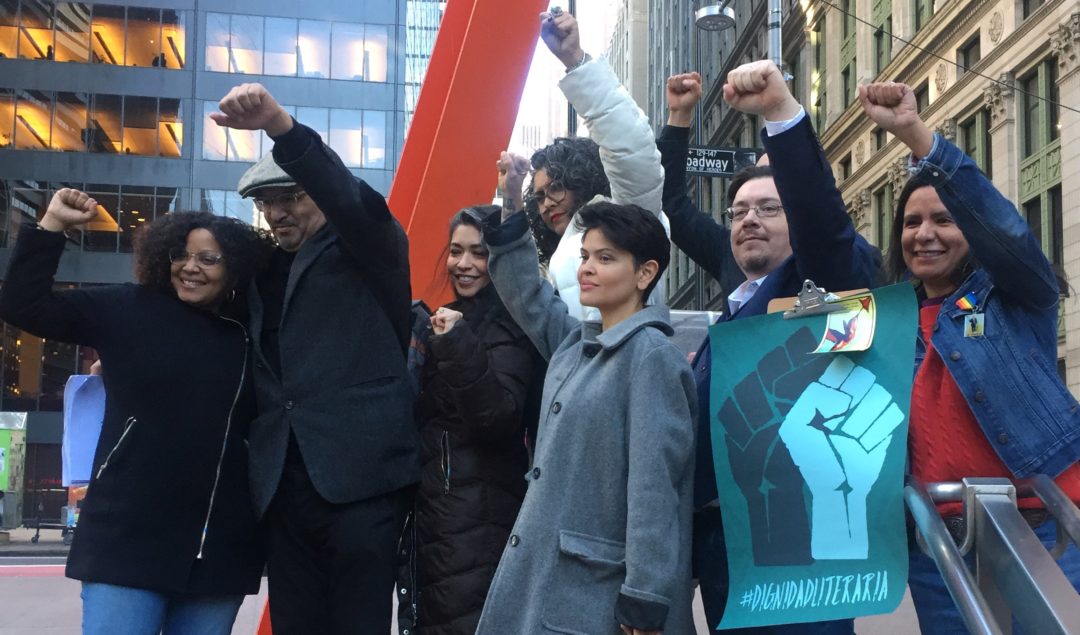In the decade I’ve worked in the tech industry I’ve come to learn how common lay-offs are. In 2012 when I was a manager at Groupon, I had to lay off teammates I had hired after the share price slumped post-IPO. When I was a manager at HotelTonight in 2015, I watched as some of my fave teammates were laid off to cut costs after the founders tried and failed to raise another round of funding. Just last week I joined the millions of professionals affected by the COVID-19 pandemic
Subscribe to the Techish Podcast on Apple Podcasts, Spotify, And Other Platforms. Episode Content: In this episode of this Techish, Abadesi and Michael discuss: 💸 Airbnb raising 1 billion dollars 👩🏾💻 Abadesi getting laid off 💰 Jack Dorsey donating 28% of his net worth 🤣 Tory Lanez “Quarantine Radio” and Black culture on the gram. 🤦🏾♂️ Discrimination on TikTok 🔒 Privacy issues on Zoom Extras: Techish on Patreon: Advertise with Techish: Please rate and review the Techish podcast
Last summer I gathered over a dozen womxn of color startup founders and small business owners to connect in Seattle, Washington. We shared our backgrounds, experiences, expertise, challenges and successes as a collective given the historical and systematic exclusion in the business ecosystem. We bonded on our common experience of being ‘the only’, steadily pioneering our own industries. We would have never thought that six months later the world would be facing a global health crisis and we’d be scrambling to secure funding to survive. On average, womxn of color
My nascent investment thesis — of sorts It is hard to be optimistic about tech these days. If in the early 2010s we were all keen and positive, now we’ve seen the consequences — albeit unintended — of big tech. The tech-lash is real and governments are scrambling and scratching their heads for solutions. Senator Warren wanted to break up big tech. Andrew Yang wanted to give every American a universal basic income to help the country deal with the challenges of automation. I am not blind to any of
In college, I interned with a local health insurance company. When I was getting ready to complete my internship, a professional mentor of mine, who also happened to be another Woman of Color, offered me some advice on how to succeed in “corporate America.” She told me, “You need to get rid of your natural hair to survive.” It was the mid-2000’s, during a period of time when Black women were reconnecting to their roots and cutting off their chemically processed (and highly damaged) hair. It was a moment of
Two years ago, I decided to radically change my career from nonprofit STEM education to software engineering. I had no background in coding, outside of a single programming class in 7th grade and a little HTML when I was a teenager. I entered a coding bootcamp, Ada Developers Academy, in January 2018 and had full-time software engineering offers from two of Seattle’s tech giants in December of the same year. Being a nontraditional Black female software engineer, preparing for the interview process began as a terrifying and mysterious endeavor. Through much
I’m a queer Black woman software engineer: I am the perfect cocktail of diversity for so many recruiters. I bring unique perspectives to the table, and the intersection of my identities means I’m often asking questions other folks haven’t yet considered. I also wear these identities proudly: nowadays, you’ll never mistake me as anything other than a queer Black woman in any space I occupy. But there’s a terrible irony of being the perfect diverse hire when I am also among the most palatable of diverse hires. Diversity hiring is
If any of you are unfamiliar with the lyrical genius of Craig David, please click the link and make your self-isolation a better place. (and this blog post makes sense!) “Got the information on Mondaaaaaay” Purely through chance, I sent my monthly investor update on Monday 9th March, on the eve of the Week of Realisation about the Coronavirus crisis. I signed off my usual SUPPORT section with a simple question: Almost immediately, several investors responded with variations on the following; So I paused all planned work for the day
The summer of 2017, Luis Fonsi and Daddy Yankee’s “Despacito” remix featuring Justin Bieber had become the top song in the country. While it was already a hit pre-Bieber, Justin’s auto-tuned Spanglish brought the song into the consciousness of many Americans, qualifying a predominantly Spanish-language song as “mainstream,” i.e. not only digestible but desirable to the wider American public. No small feat. I was at a popular lounge in New York City when a DJ played the record. A woman sitting at the neighboring banquette, partying with her daughter and friends, reached
Last year, screenshots of internal Slack messages from the New York office at Away, the travel startup, made their way into the media, primarily reported by The Verge. The reports included testimony from former employees denouncing both the company’s workplace culture and the management style of then CEO Steph Korey as toxic. Steph apologised and after apparently stepping away from her CEO role (and the company altogether), now remains as Co-CEO alongside Stuart Haselden. Workplace culture is kind of my bag; professionally it’s among my areas of expertise and also something I geek


